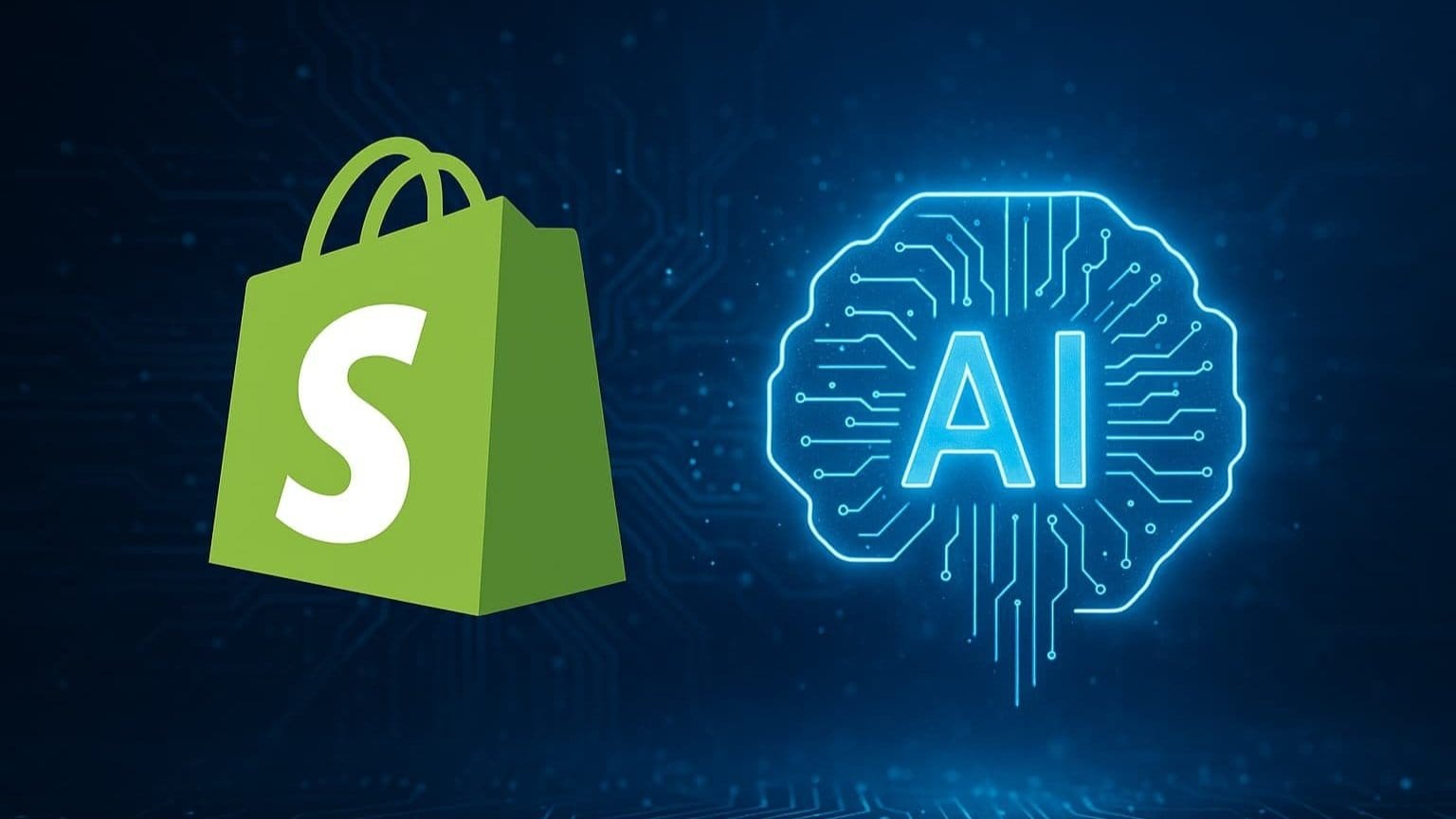The Future of E-Commerce: AI-Powered Shopify Automation That Actually Works

Shopify merchants are facing new realities.
Manual order management, repetitive marketing tasks, and disconnected tools are slowing down growth. Customers expect faster responses, more relevant offers, and seamless experiences — across every touchpoint.
But here’s the problem: most automation tools look impressive in a demo but fall short in practice.
What if your Shopify store could actually run smarter — not harder?
What AI-Powered Shopify Automation Really Means
Let’s be clear. Automation isn’t about removing humans. It’s about removing friction.
By connecting Shopify to smart AI agents and workflow automation, you can build flows that adapt in real time. No more copy-pasting spreadsheets or juggling tools. Instead, data flows from order to fulfillment to outreach — automatically.
It’s not magic. It’s architecture.
Examples That Make a Difference
Here’s how we build real Shopify automations that create measurable ROI:
1. Automated Product Syncing Across Channels
Inventory changes in Shopify automatically update listings on Google Shopping, Meta Ads, and even marketplaces like Bol.com or Amazon. Prices, stock levels, and variant info stay consistent — no manual updates.
2. Personalized AI Sales Agents for High-Ticket Items
Instead of generic chatbots, we deploy AI agents that engage visitors with context. Based on cart value, browsing history, or referral source, they adjust their messaging. For example, an AI agent might trigger a product demo offer or escalate to sales when a high-value product is viewed.
3. Post-Purchase Flows That Drive Retention
After checkout, the AI system sends dynamic emails based on purchase type, location, and support history. These can include upsells, loyalty incentives, or even automated review requests — all handled through tools like Make and connected CRMs.
4. Shopify + AI for Smarter Marketing Content
We integrate content generation AI tools with your product database to automatically create high-quality product descriptions, landing pages, or email campaigns. Fully branded, optimized, and tailored to your target audience.
5. Automated Backoffice Workflows
Returns, fulfillment tracking, VAT invoicing — all these steps can be handled through an orchestration layer that routes data from Shopify to accounting software, logistics APIs, and internal systems.
Why It’s Safe for SEO and Growth
Unlike spammy tools or content farms, our automation approach respects structured data, canonical tags, and your site’s integrity. We ensure every AI-generated piece includes correct schema, optimized metadata, and human-approved fallback logic.
Plus, because everything is routed through Make (formerly Integromat), every step is traceable and adjustable without a developer. Whether you're syncing inventory or launching a campaign, you’re always in control.
When to Automate and What to Avoid
Not every task should be automated. We advise against AI-driven pricing decisions without oversight or customer-facing copy that hasn’t been checked by a human.
Instead, we focus on automating the repetitive, rule-based, and data-heavy parts of your Shopify stack.
Great candidates include:
- Order status updates
- Inventory alerts
- Abandoned cart follow-ups
- Cross-channel analytics syncing
- Multi-store localization workflows
Avoid automating:
- Brand messaging tone
- Critical financial calculations
- First-time onboarding without a fallback option
A Strategy That Scales
What sets this approach apart is flexibility. We use Make for low-code flows at the start, and as complexity grows, we transition to custom middleware built in Laravel or Node.js. This allows your automation layer to evolve with your business — without breaking what already works.
Need to loop in your CRM, ERP, or a custom logistics API? No problem. With this modular design, we just plug in a new module — not rebuild the stack.
Built for Real Businesses
One of our recent clients went from manually creating invoices and shipping labels every day to a fully automated setup that handles it before they even check their inbox. Another e-commerce client now uses a GPT-powered content engine to roll out landing pages for new products in minutes — complete with SEO, schema, and images.
The best part? These aren’t Fortune 500 companies. They’re lean, fast-moving webshops that decided to invest in smart systems — not just more staff.
Want to See the Potential?
We're offering a free AI Website Scan for Shopify stores. It flags missed automation opportunities, and AI integrations that can boost your growth. No gimmicks — just insight.
Try the scan here
Contact us directly
Your competition is automating. Are you?
